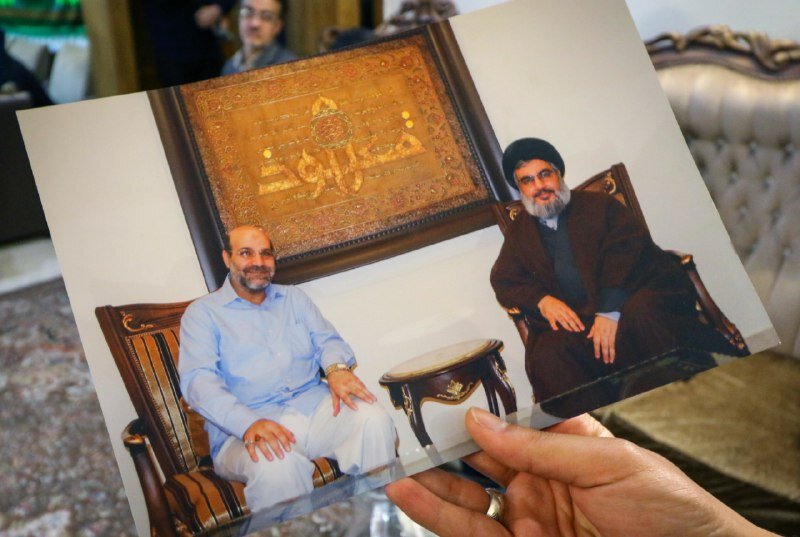Eye for eye
U.S. should be wary of Israeli adventurism as Iran gears up for retaliation

TEHRAN - The Israeli regime shocked the world on Tuesday when it struck Iran’s embassy in the Syrian capital, killing over 13 people including a high-ranking IRGC leader and his deputy.
Several countries have condemned the attack, seeing it as a dangerous escalation in a region that has already become volatile due to Israel's genocidal war in Gaza.
Attacks on diplomatic missions and sites are very rare. A comparable historical event occurred when NATO bombed China's embassy in Belgrade in 1999, resulting in the deaths of three Chinese journalists. Former U.S. President Bill Clinton issued an apology for the attack, attributing it to an accident. Washington then agreed to compensate the victims and their families, as well as pay restitution for the embassy's damages.
Beijing to this day condemns the West for the attack. “The Chinese people will never forget the blood and lives paid to defend truth, fairness, and justice, and NATO's barbaric crime of bombing the Chinese Embassy in Yugoslavia,” The Chinese foreign ministry said in May of 2023, marking the 24th anniversary of the incident.
Given the unprecedented nature of the assault and its significant taboo in international relations, many find it difficult to wrap their heads around the fact that Israel decided to attack an embassy. However, analysts suggest that the regime is willing to do anything in order to evade its demise.
"Israel finds itself in an extremely dire situation. Recent developments, including the UN Security Council resolution for a Gaza ceasefire and the meetings between Resistance leaders and Iranian officials in Tehran signal impending disaster for the regime," stated Saedollah Zarei, an expert on the West Asia region, in an interview with the Tehran Times.
Israel is facing increasing pressure to cease the conflict in Gaza, and in order to sustain its aggressive stance, it must explore novel methods to escalate tensions. “To further stoke the flames of conflict, Israel is taking unconventional actions,” added the expert, saying Tel Aviv wants to get Washington back on its side by pushing it into a regional war.
What will Iran’s response be?
A few hours after the attack, Iran's Foreign Minister, Hossein Amir Abdollahian, mentioned that Tehran sent a significant message to the U.S. government, without revealing its contents.
According to the Iranian Mashregh news website's informed source, the message included a warning from Iran to the U.S., stating that the U.S. does not have the right to interfere when Iran retaliates against the Israeli strike. Mashregh also claimed that the U.S. was asked to exercise restraint and caution in picking sides in the ongoing developments.
Reports also indicate that Israel carried out the strike on Iran's diplomatic building in Syria without informing Washington. The U.S. allegedly informed Iran that it had no part in or prior knowledge of the Israeli attack, as reported by Axios citing a U.S. official.
Although individuals close to the Israeli regime argue that the attack puts Israel in a favorable position, others doubt that the regime will achieve its desired outcome, similar to its previous actions.
"Iran has shown that it calculates its actions carefully. Tehran will respond in a manner that benefits the Iranian people the most. We excel at turning crises into opportunities," Zarei expressed, stating his disbelief in the likelihood of a large-scale war between Iran and the U.S.
Leave a Comment